Have you ever wondered if using a camping stove to prepare emergency food is a practical idea? When disaster strikes, you want to ensure that you can provide for yourself and your loved ones. A camping stove can often serve as a reliable tool in these situations.
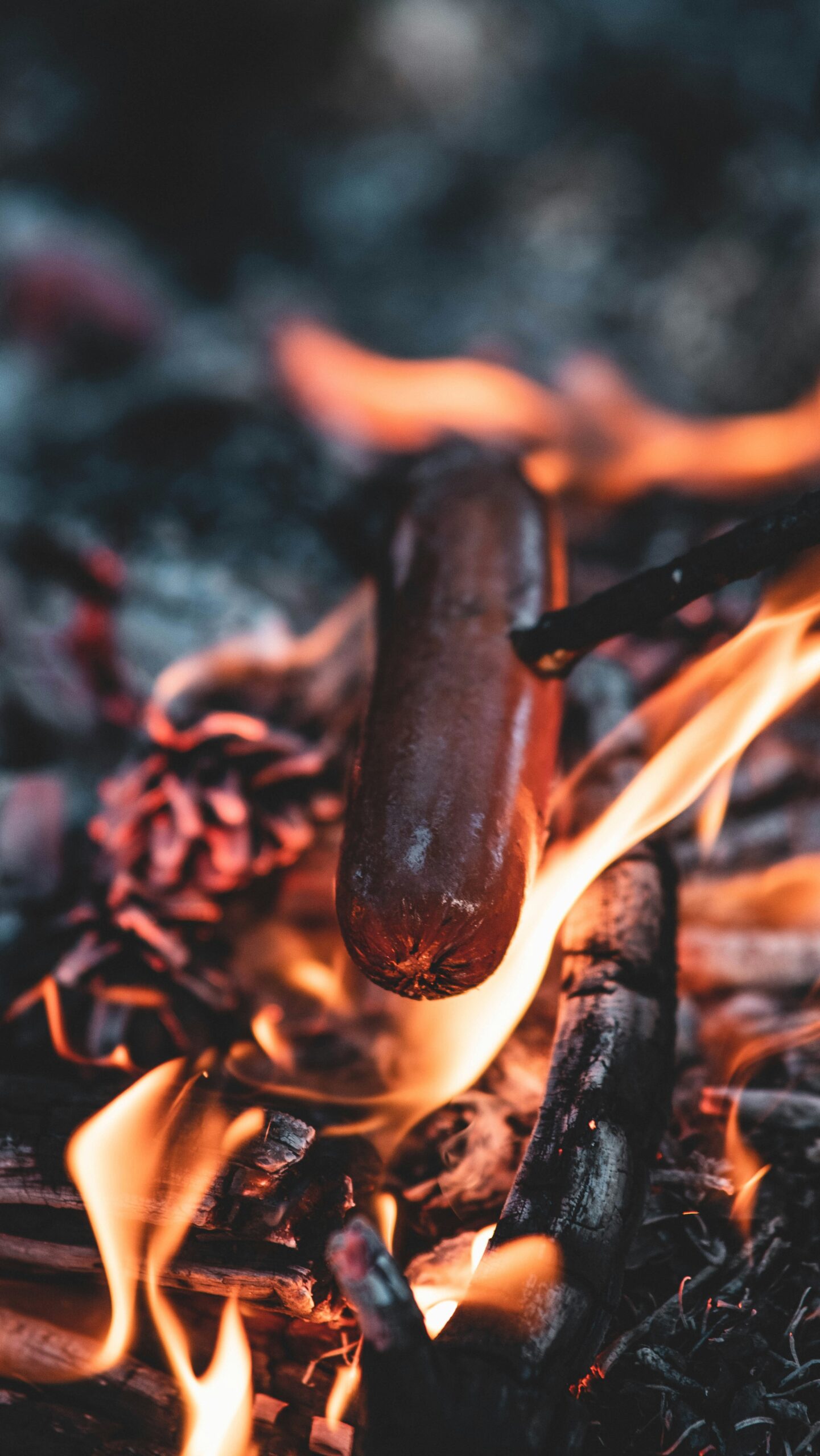
Understanding Camping Stoves
Before jumping into the emergency scenario, it’s essential to grasp some basics about camping stoves. These portable cooking devices come in various shapes and designs, each tailored to specific needs and situations. They’re your tiny, powerful companions ready to help whip up meals whenever you’re away from your usual kitchen setup.
Types of Camping Stoves
Camping stoves can generally be categorized based on their fuel type and portability. Trying to find the right one can feel overwhelming, but breaking them down into categories can simplify the process:
-
Propane Stoves: These are common due to the convenience of propane canisters, which are widely available. They are often easy to operate with a simple ignition switch and provide a consistent and controllable flame. This can be crucial when cooking under stress.
-
Butane Stoves: Similar to propane stoves, these use butane canisters and are highly portable. They do well in warmer climates as butane can be less effective in lower temperatures.
-
Liquid Fuel Stoves: These use white gas or other liquid fuels, ideal for colder environments. Liquid fuel stoves are known for their efficiency and stable performance in a variety of conditions. However, they’re bulkier and require more maintenance.
-
Alcohol Stoves: Lightweight and simple to use, alcohol stoves are popular among backpackers. They burn cleanly and are quiet, but they may not generate as much heat as other options, which is something to keep in mind for emergency situations.
Each type of stove has its own advantages and limitations, so understanding these can help you select the right stove for both camping and emergency cooking needs.
Operating a Camping Stove Safely
When it comes to utilizing a camping stove, safety is paramount. These devices, though compact, can present hazards if not used correctly. To ensure your safety and the effectiveness of your cooking, consider the following tips:
-
Ventilation: Always use your camping stove in a well-ventilated area. This helps to avoid the build-up of harmful fumes and reduces the risk of fire.
-
Stable Surface: Set your stove on a stable, flat surface to prevent tipping. This will keep hot food or liquids from spilling and causing burns.
-
Distance from Flammables: Keep the stove away from any flammable materials including tents, belongings, or dry brush if you’re outside.
-
Regular Maintenance: Check for leaks in gas stoves and ensure all components are in good working order before using them, especially if they’ve been in storage for a while.
By adhering to these precautions, you create a safe cooking environment, which is particularly important during emergencies.
Why Use a Camping Stove in Emergencies?
Now that you know the ins and outs of camping stoves, you might wonder why they’re a suitable choice for emergency cooking. There are several reasons they excel in these scenarios.
Portability
Camping stoves are designed to be portable, making them easy to carry and store compared to larger household appliances. In an emergency, you may need to relocate, and having a stove that can travel with you provides peace of mind. Their compact nature means they can be easily transported to different locations or even passed between family members if separated.
Simplicity and Efficiency
In an emergency, simplicity can be a lifesaver. Many camping stoves are designed for easy set-up and use, helping you to cook quickly without fumbling with complicated settings. They offer immediate heat source availability, which is crucial when resources are scarce, and time is of the essence.
Versatility
Camping stoves are not just about boiling soup or frying eggs; they can be surprisingly versatile. Whether you’re heating water for rehydration, cooking pasta, or preparing a more complex dish, these stoves adjust well to various cooking styles, temperatures, and food types.
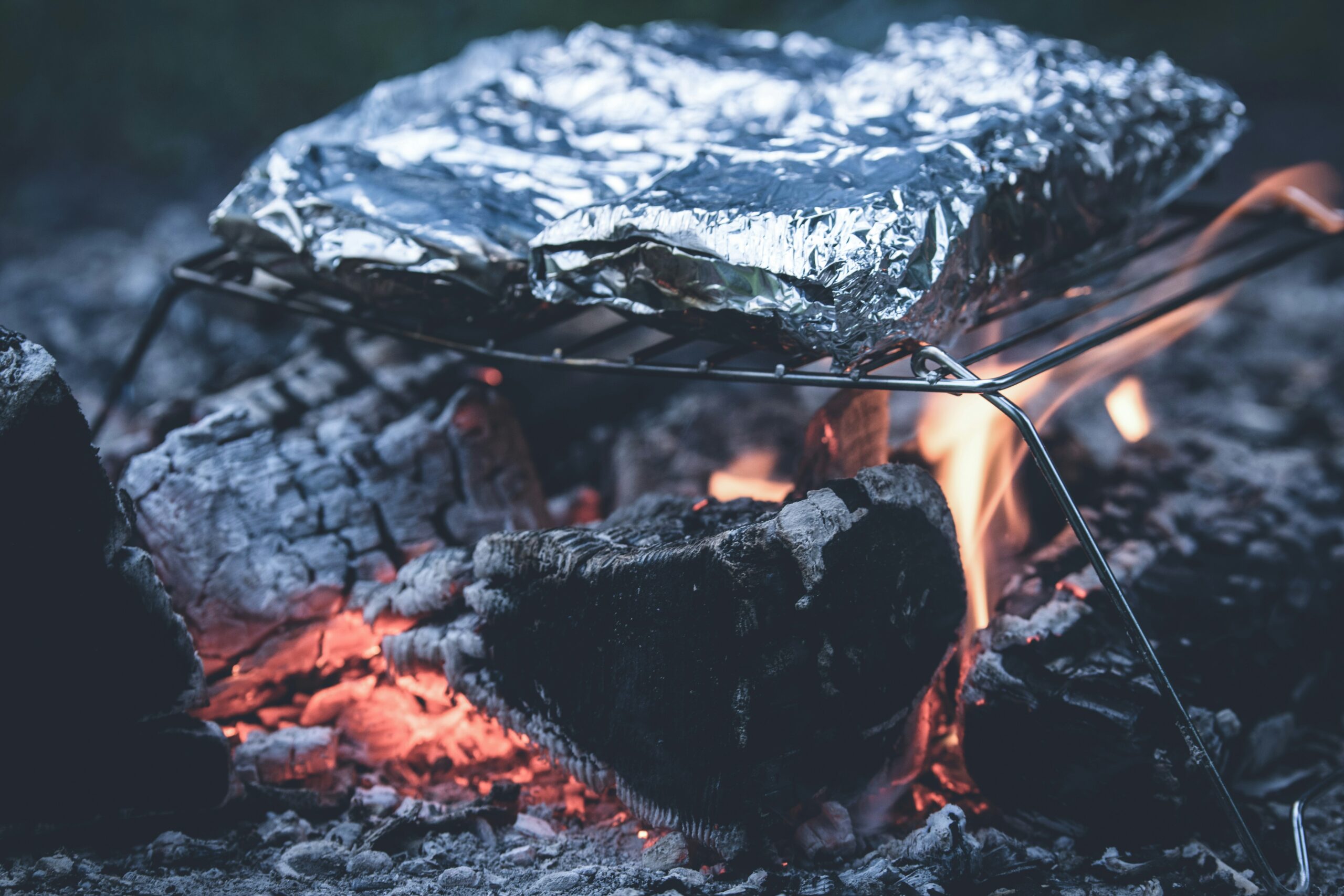
Preparing Emergency Food on a Camping Stove
When you face an emergency, the next step is knowing how to use your camping stove efficiently to prepare nutritious meals. Properly planning your meals can make the process more manageable and ensure you are meeting your dietary needs.
Essential Ingredients and Food Choices
In an emergency, it’s critical to choose ingredients that are non-perishable, nutritious, and easy to cook. Consider the following options for your emergency kit:
-
Canned Goods: High in nutrition and long shelf life make them a staple. Look for canned soups, beans, vegetables, and meats.
-
Dried Foods: Items like pasta, rice, lentils, and oatmeal are lightweight and store well. They can be easily boiled or prepared on a camping stove.
-
Dehydrated and Freeze-dried Foods: These can be quickly rehydrated, providing essential nutrition with minimal preparation.
-
Powdered Mixes: Milk powder, protein drinks, and drink mixes can add variety and extra nutrients to your diet.
Planning well-stocked food reserves focused on diversity and balance can prevent monotony and ensure nutritional needs are met.
Cooking Tips and Techniques
Cooking on a camping stove requires some small accommodations but can be seamlessly woven into your emergency preparedness. Here are a few tips:
-
Small Batches: Cooking smaller amounts can prevent your stove from becoming overwhelmed and ensure the heat is consistent.
-
Pre-Cut Ingredients: If you have time before the emergency, pre-cutting and packing ingredients can speed up cooking on a camping stove.
-
Heat Distribution: Due to the smaller burner area, stir frequently while cooking for even heat distribution and to prevent burning.
-
Water Rationing: Use as little water as possible without compromising food safety. You can always add more water, but in some situations, it may become a scarce resource.
By implementing these strategies, you make the best use out of your camping stove while effectively preparing nutritious meals during an emergency.
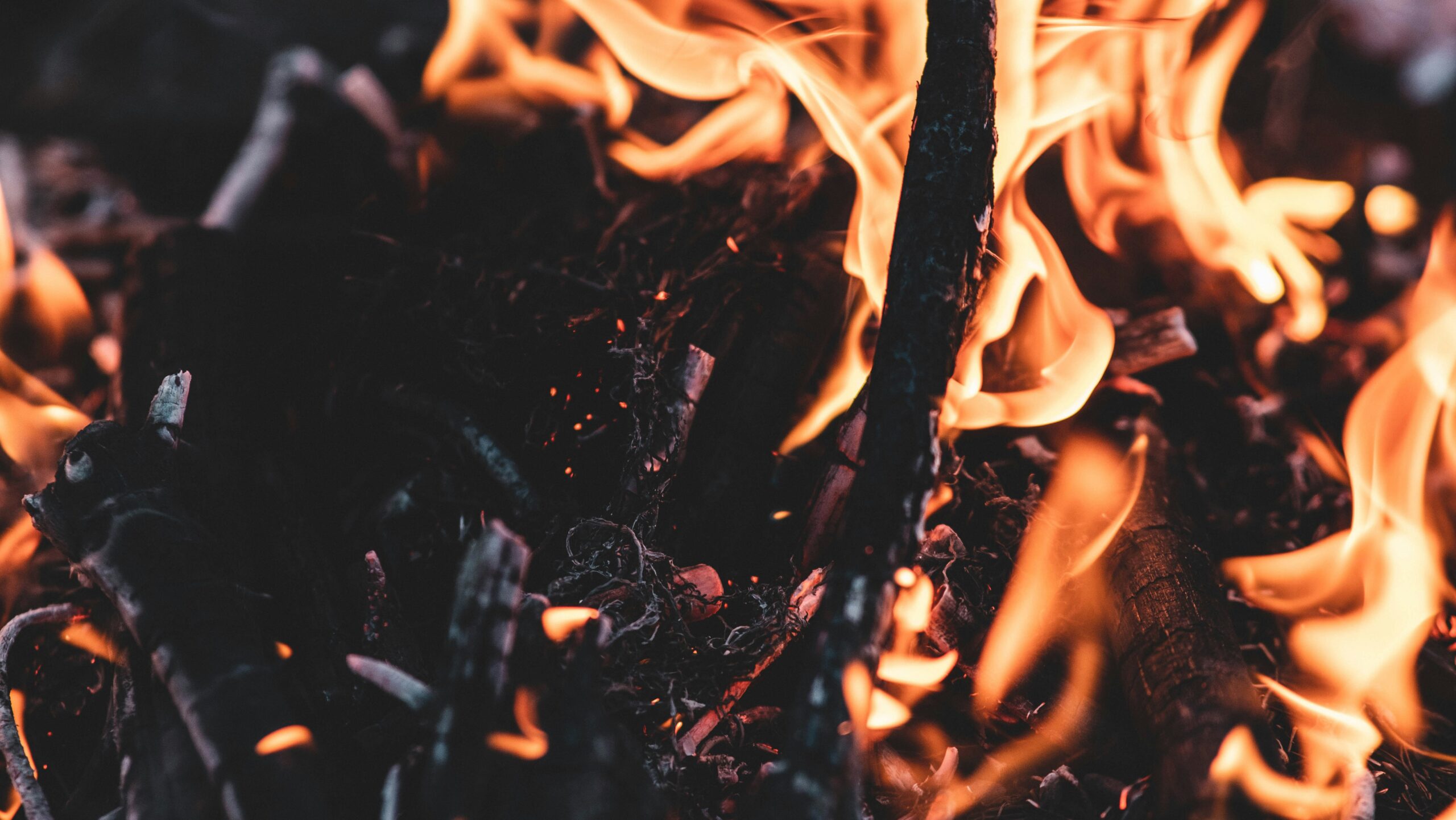
Advantages of a Camping Stove Over Other Emergency Cooking Options
You’re now familiar with using a camping stove for preparing food in an emergency, but why choose it over other methods? Let’s explore how a camping stove stacks up against other emergency cooking solutions.
Comparisons with Other Cooking Methods
When it comes to emergency situations, various cooking alternatives might be available, such as open fires or solar ovens. However, camping stoves offer several distinctive benefits:
| Cooking Method | Advantages | Disadvantages |
|---|---|---|
| Camping Stove | Portable, fuel-efficient, easily adjustable, works in various weather conditions | Requires fuel canisters or tanks |
| Open Fire | No fuel needed if there’s access to wood | Environment-dependent, challenging to control temperature, requires skill |
| Solar Oven | Eco-friendly, utilizes natural sunlight | Weather-dependent, limited availability and slower cooking process |
| Electric Stove | Consistent heat, no extra fuel needed if electricity is available | Cannot be used during power outages |
| Grill | Good for multiple foods at once | Bulky, may require charcoal or propane, not very portable |
Camping stoves strike a balance between portability, dependability, and efficiency, making them a solid choice for emergencies.
Benefits of Using a Camping Stove
There are several standout advantages to using a camping stove in emergencies, as compared to other methods:
-
Consistent Fuel Availability: Unlike electricity which can be unreliable during natural disasters, camping stoves that run on propane or butane canisters remain effective as long as you have a supply.
-
Ease of Use: With straightforward controls and simple setup, even someone unfamiliar with camping stoves can quickly learn to use one in an emergency.
-
Versatility in Cooking: Whether you need to boil, fry, or simmer, camping stoves can accommodate many cooking styles, giving you flexibility with your food options.
Embracing the camping stove as your emergency cooking solution maximizes your chances of producing hot, nutritious meals regardless of the circumstances.
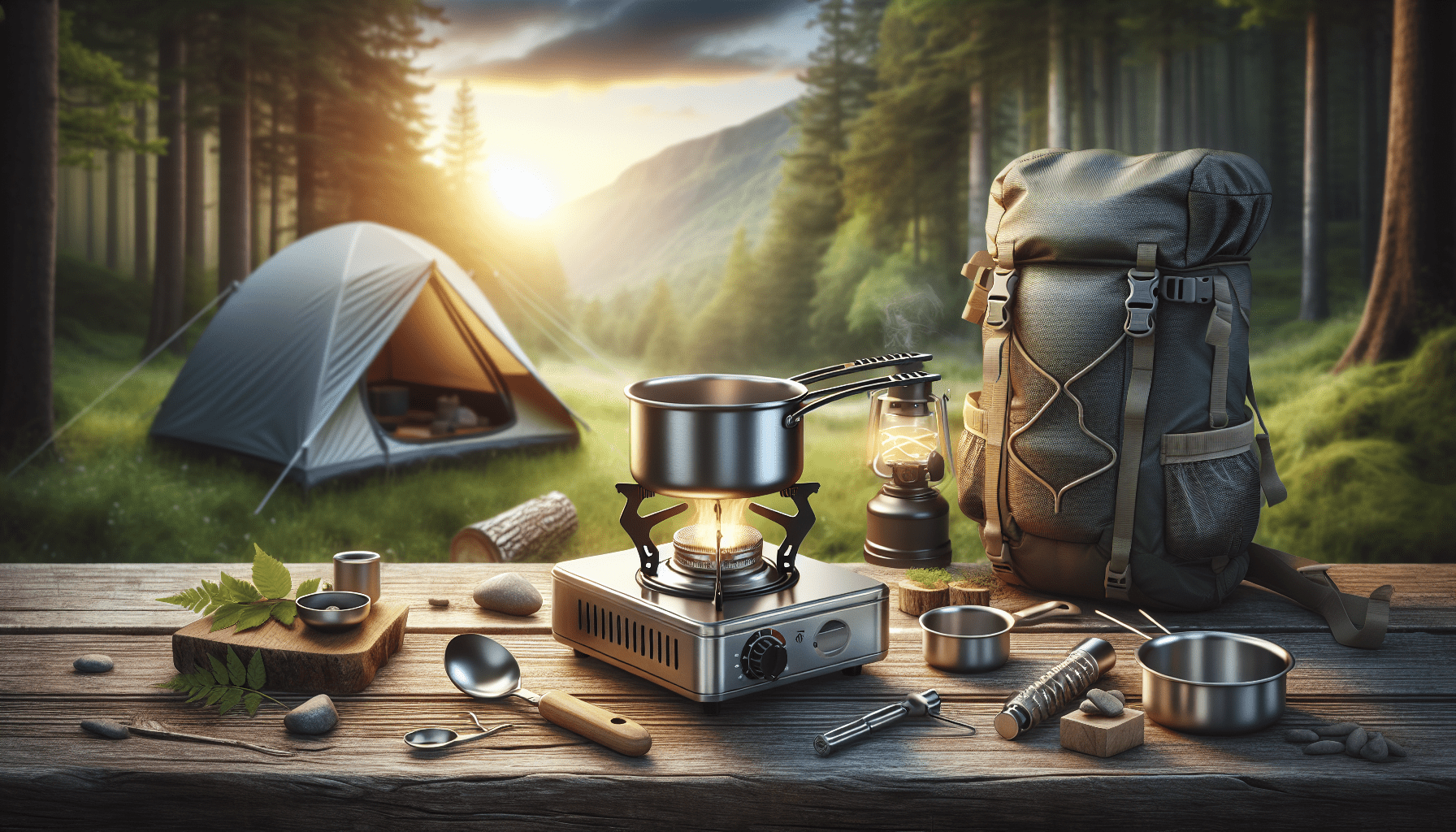
Challenges and Limitations
Like any tool, camping stoves come with their own set of challenges. Recognizing these limitations helps you prepare adequately and mitigate any potential issues.
Fuel Storage and Management
While camping stoves are convenient, they do require careful fuel management. In an emergency, the availability of fuel becomes a crucial factor. These strategies can help manage your fuel supply:
-
Stockpiling Fuel: Keep a generous stock of fuel canisters in an easily accessible storage space. Make sure they are compatible with your specific stove.
-
Fuel Efficiency: Balance your fuel usage by cooking efficient meals — opt for dishes that take less time.
-
Safe Storage: Store fuel canisters in a cool, dry place. Be aware of the expiration dates to ensure safety and effectiveness when used.
Understanding these aspects of fuel management can allow you to extend the usability of your stove during emergencies.
Cooking Capacity
Given their size, camping stoves are usually suited for cooking meals for individuals or small groups. Depending on the scenario, you might face limitations when cooking for larger families or multiple people. Here are some solutions:
-
Divide Cooking Tasks: Cook multiple smaller dishes to cater to everyone’s needs, distributing cooking duties among family members if feasible.
-
Cook in Batches: Plan to cook in sequential batches rather than trying to prepare one giant meal.
-
Coordinate with Others: If in a shared emergency shelter, coordinate with others who have stoves to increase cooking capacity.
By being resourceful, you can overcome the cooking capacity limitations of your camping stove.
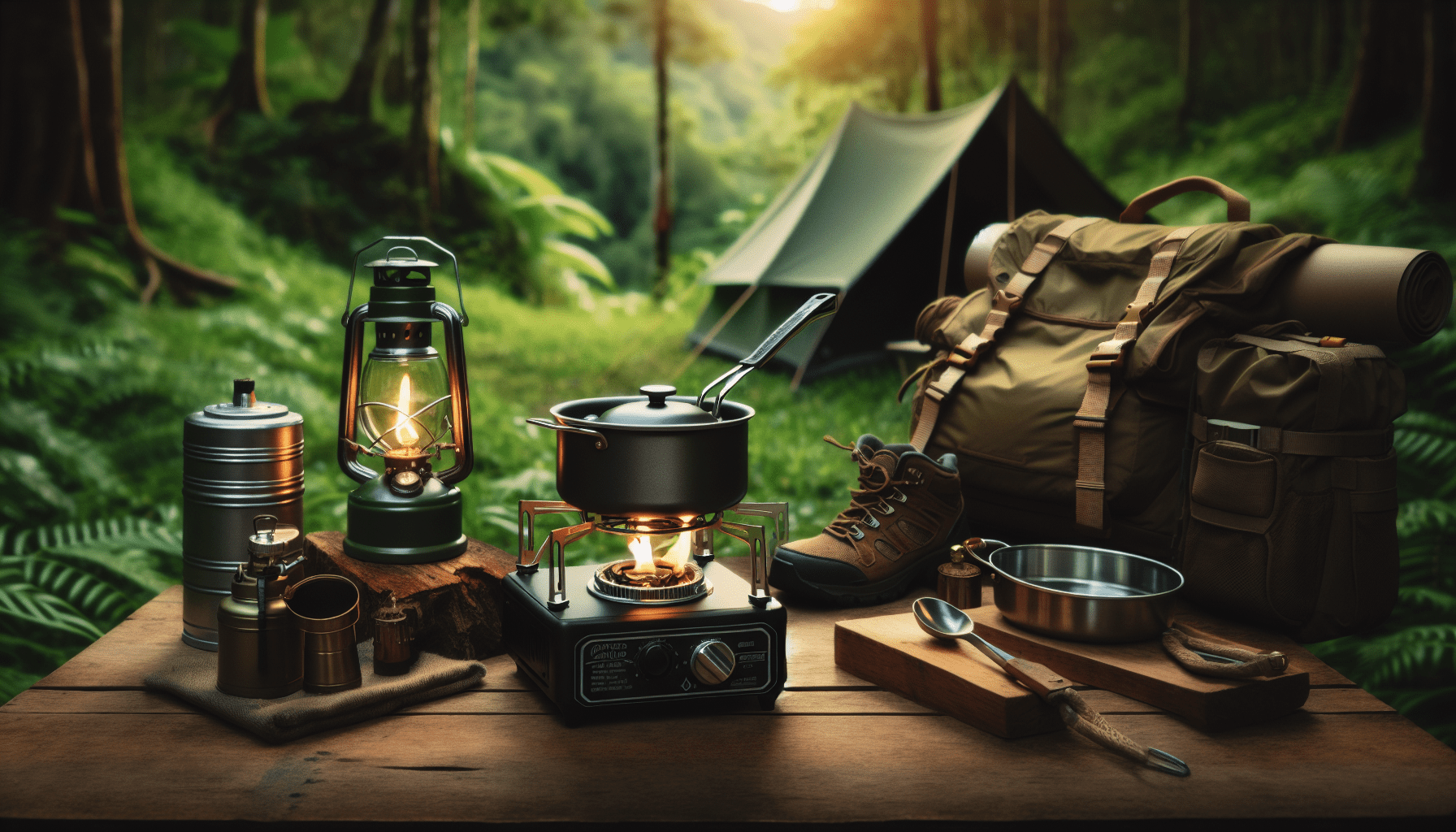
Conclusion
Using a camping stove to cook emergency food is a practical and often essential choice. With its portability, ease of use, and consistent performance, it makes an excellent addition to your emergency preparedness plan. By understanding your stove’s potential, operating it safely, and being mindful of its limitations, you ensure your family has access to nutritious meals when you need them most.
Equipped with this knowledge, you’re set to confidently incorporate the use of a camping stove into your emergency preparedness strategy, ensuring resilience in times of crisis.

